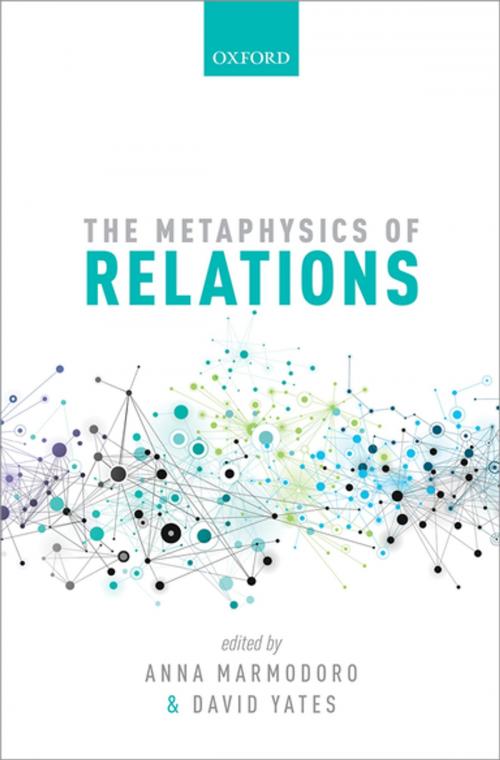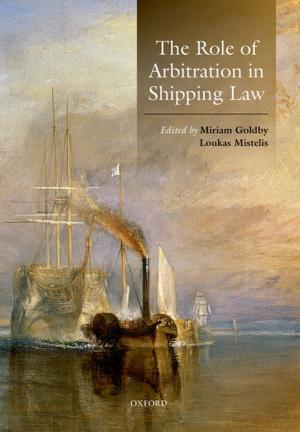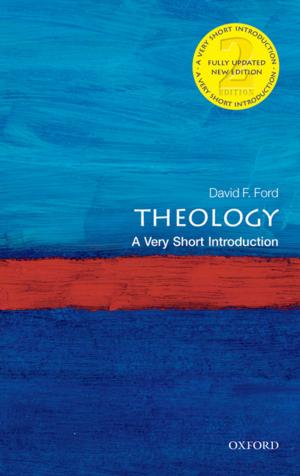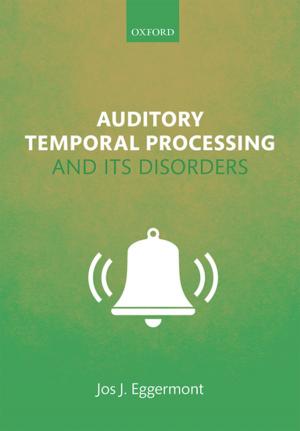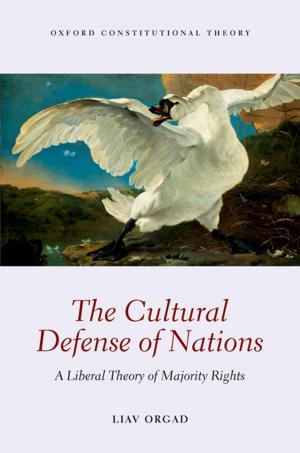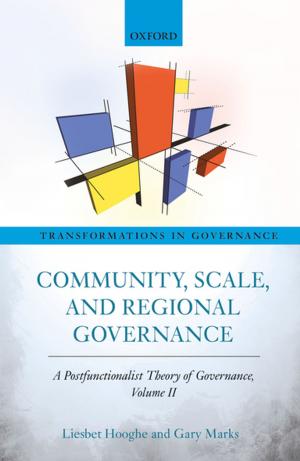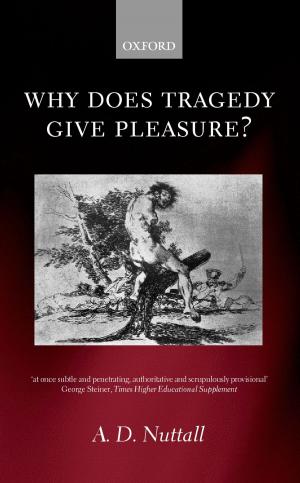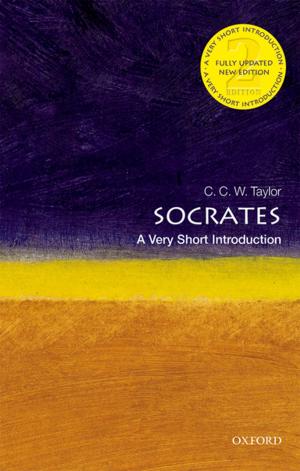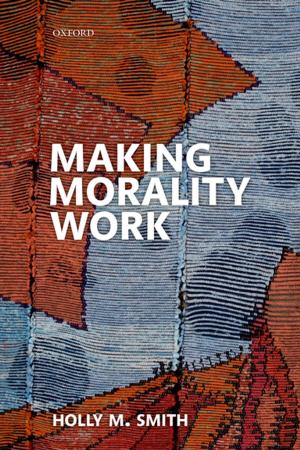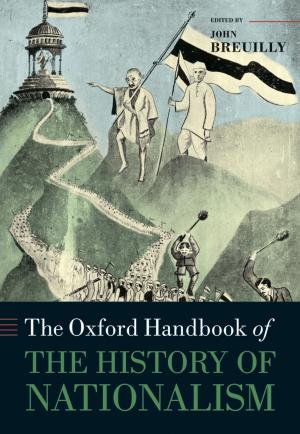| Author: | ISBN: | 9780191086939 | |
| Publisher: | OUP Oxford | Publication: | January 7, 2016 |
| Imprint: | OUP Oxford | Language: | English |
| Author: | |
| ISBN: | 9780191086939 |
| Publisher: | OUP Oxford |
| Publication: | January 7, 2016 |
| Imprint: | OUP Oxford |
| Language: | English |
This volume presents thirteen original essays which explore both traditional and contemporary aspects of the metaphysics of relations. It is uncontroversial that there are true relational predications-'Abelard loves Eloise', 'Simmias is taller than Socrates', 'smoking causes cancer', and so forth. More controversial is whether any true relational predications have irreducibly relational truthmakers. Do any of the statements above involve their subjects jointly instantiating polyadic properties, or can we explain their truths solely in terms of monadic, non-relational properties of the relata? According to a tradition dating back to Plato and Aristotle, and continued by medieval philosophers, polyadic properties are metaphysically dubious. In non-symmetric relations such as the amatory relation, a property would have to inhere in two things at once-lover and beloved-but characterise each differently, and this puzzled the ancients. More recent work on non-symmetric relations highlights difficulties with their directionality. Such problems offer clear motivation for attempting to reduce relations to monadic properties. By contrast, ontic structural realists hold that the nature of physical reality is exhausted by the relational structure expressed in the equations of fundamental physics. On this view, there must be some irreducible relations, for its fundamental ontology is purely relational. The Metaphysics of Relations draws together the work of a team of leading metaphysicians, to address topics as diverse as ancient and medieval reasons for scepticism about polyadic properties; recent attempts to reduce causal and spatiotemporal relations; recent work on the directionality of relational properties; powers ontologies and their associated problems; whether the most promising interpretations of quantum mechanics posit a fundamentally relational world; and whether the very idea of such a world is coherent. From those who question whether there are relational properties at all, to those who hold they are a fundamental part of reality, this book covers a broad spectrum of positions on the nature and ontological status of relations, from antiquity to the present day.
This volume presents thirteen original essays which explore both traditional and contemporary aspects of the metaphysics of relations. It is uncontroversial that there are true relational predications-'Abelard loves Eloise', 'Simmias is taller than Socrates', 'smoking causes cancer', and so forth. More controversial is whether any true relational predications have irreducibly relational truthmakers. Do any of the statements above involve their subjects jointly instantiating polyadic properties, or can we explain their truths solely in terms of monadic, non-relational properties of the relata? According to a tradition dating back to Plato and Aristotle, and continued by medieval philosophers, polyadic properties are metaphysically dubious. In non-symmetric relations such as the amatory relation, a property would have to inhere in two things at once-lover and beloved-but characterise each differently, and this puzzled the ancients. More recent work on non-symmetric relations highlights difficulties with their directionality. Such problems offer clear motivation for attempting to reduce relations to monadic properties. By contrast, ontic structural realists hold that the nature of physical reality is exhausted by the relational structure expressed in the equations of fundamental physics. On this view, there must be some irreducible relations, for its fundamental ontology is purely relational. The Metaphysics of Relations draws together the work of a team of leading metaphysicians, to address topics as diverse as ancient and medieval reasons for scepticism about polyadic properties; recent attempts to reduce causal and spatiotemporal relations; recent work on the directionality of relational properties; powers ontologies and their associated problems; whether the most promising interpretations of quantum mechanics posit a fundamentally relational world; and whether the very idea of such a world is coherent. From those who question whether there are relational properties at all, to those who hold they are a fundamental part of reality, this book covers a broad spectrum of positions on the nature and ontological status of relations, from antiquity to the present day.
